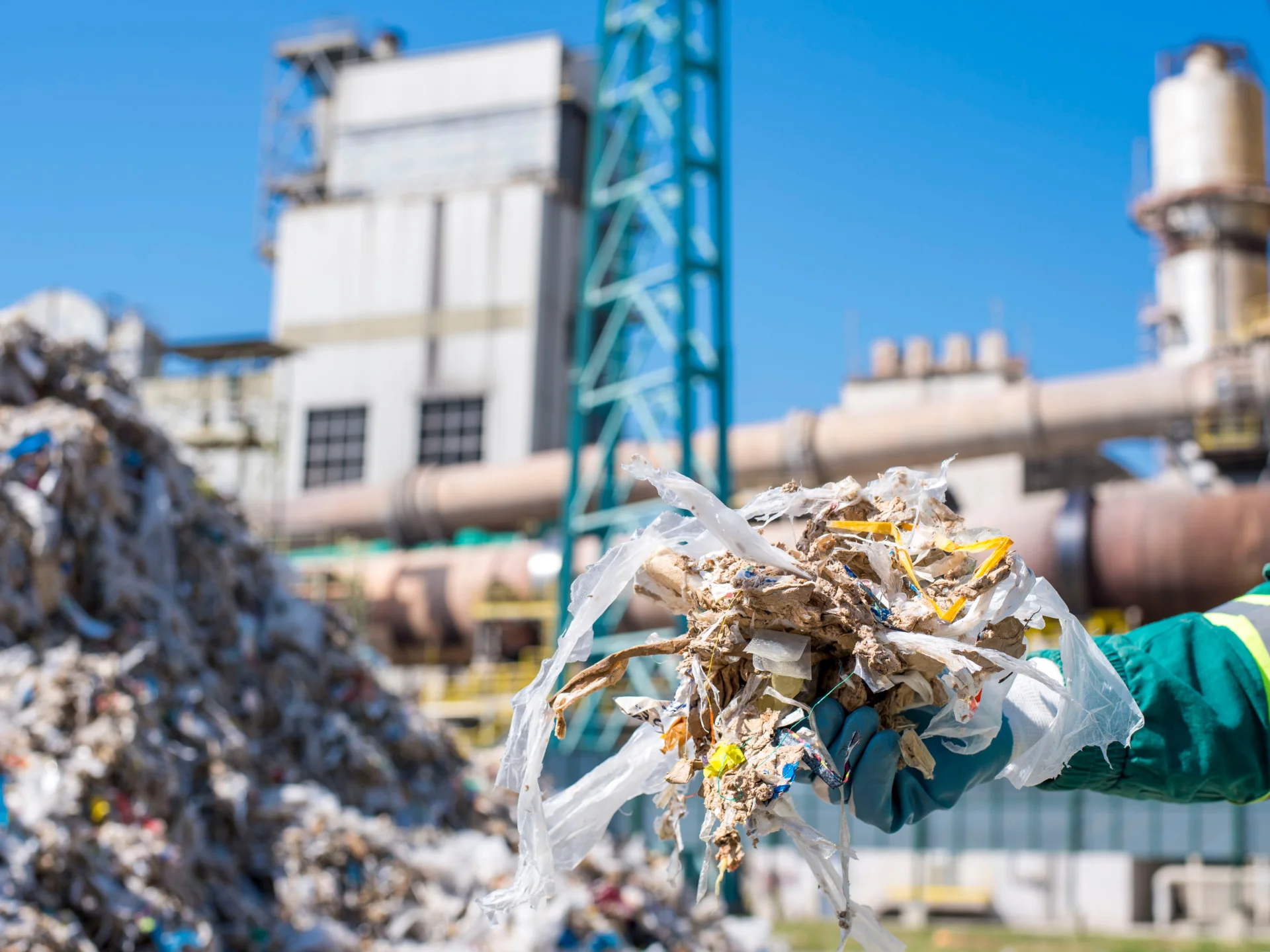Tackling the Challenge of Hard-to-Recycle Plastics
Plastic waste is one of the most pressing environmental issues of our time. While some plastics are easily recyclable, others pose a greater challenge. These hard-to-recycle plastics often end up in landfills or pollute our oceans and ecosystems. So, what’s the best way to deal with these problematic materials? Let’s explore some innovative solutions.
Understanding Hard-to-Recycle Plastics
Before we dive into solutions, it’s important to understand what makes certain plastics hard to recycle. Some common examples include:
– Plastic films and bags: Think grocery bags, bubble wrap, and food packaging.
– Styrofoam: Used in takeout containers, packaging materials, and insulation.
– Multilayered packaging: Chip bags, juice boxes, and some food wrappers.
– Small plastic items: Straws, utensils, and bottle caps.
These plastics are often difficult to recycle due to their composition, size, or contamination with food residue. As a result, they frequently end up in the waste stream.
The Importance of Reducing and Reusing
Reduce Your Plastic Consumption
One of the most effective ways to tackle hard-to-recycle plastics is to reduce your consumption in the first place. Here are some tips:
1. Bring reusable bags when shopping.
2. Opt for products with minimal or eco-friendly packaging.
3. Say no to disposable straws and utensils.
4. Choose reusable food storage containers instead of single-use plastic bags.
By making these small changes, you can significantly decrease the amount of problematic plastic waste you generate.
Reuse What You Can
When you do end up with hard-to-recycle plastics, try to find ways to reuse them before discarding. For example:
– Use plastic bags as trash liners or pet waste bags.
– Repurpose Styrofoam containers for craft projects or packing materials.
– Transform plastic bottles into planters or storage containers.
Getting creative with reuse can extend the life of these plastics and keep them out of landfills.
Innovative Recycling Solutions
Advanced Sorting Technologies
One of the challenges with recycling hard-to-recycle plastics is properly sorting them. However, new technologies are emerging to tackle this issue:
– Optical sorting: Uses cameras and lasers to identify and separate different plastic types.
– Density separation: Exploits the varying densities of plastics to separate them in water.
– Chemical markers: Embedding invisible chemical markers into plastics to aid in sorting.
These advanced sorting methods can help recover more hard-to-recycle plastics and improve recycling rates.
Chemical Recycling
Unlike traditional mechanical recycling, which melts and remolds plastics, chemical recycling breaks them down into their chemical components. This process has several advantages:
– It can handle mixed and contaminated plastics.
– The resulting chemicals can be used to create new plastics or other products.
– It allows for infinite recycling without degrading material quality.
While still an emerging technology, chemical recycling shows promise for dealing with hard-to-recycle plastics.
Upcycling Initiatives
Upcycling involves transforming waste materials into new, higher-quality products. Several companies and organizations are finding innovative ways to upcycle hard-to-recycle plastics:
– Clothing and accessories: Some brands use recycled plastic bottles or bags to create fashionable items.
– Construction materials: Plastic waste can be incorporated into building blocks, insulation, or paving stones.
– Artwork and furniture: Artists and designers are finding creative ways to turn plastic waste into stunning pieces.
By creating value from waste, upcycling initiatives provide an alternative to traditional recycling methods.
Supporting Systemic Change
Advocating for Extended Producer Responsibility
Extended Producer Responsibility (EPR) is a policy approach that holds manufacturers accountable for the entire lifecycle of their products, including disposal. By advocating for EPR laws, we can push companies to:
– Design products with recyclability in mind.
– Invest in recycling infrastructure and technologies.
– Take responsibility for the waste their products generate.
As consumers, we can support businesses that embrace EPR principles and call on policymakers to implement these regulations.
Participating in Community Recycling Programs
Many communities offer special recycling programs for hard-to-recycle plastics. These may include:
– Plastic film drop-off locations: Some stores collect plastic bags and films for recycling.
– Styrofoam collection events: Local organizations may host periodic Styrofoam recycling days.
– Terracycle partnerships: This innovative company works with brands to recycle complex packaging.
By participating in these programs, you can ensure that your hard-to-recycle plastics are properly disposed of and recycled.
The Power of Individual Action
While systemic change is crucial, individual actions also make a difference. Here are some ways you can make an impact:
1. Educate yourself and others about proper recycling practices.
2. Support businesses that prioritize sustainability and recycling.
3. Participate in local cleanups and waste reduction initiatives.
4. Use your voice to advocate for better recycling policies and infrastructure.
Remember, every small action counts when it comes to protecting our planet.
Conclusion
Dealing with hard-to-recycle plastics is a complex challenge, but by combining reduction, reuse, innovative recycling solutions, and systemic change, we can make significant progress. As individuals, we have the power to make conscious choices, support sustainable initiatives, and advocate for a more circular economy. By working together, we can create a future where plastic waste is no longer a threat to our environment.
Frequently Asked Questions
1. What are some examples of hard-to-recycle plastics?
Examples include plastic films, Styrofoam, multilayered packaging, and small plastic items like straws and utensils.
2. How can I reduce my consumption of hard-to-recycle plastics?
Bring reusable bags when shopping, choose products with minimal packaging, avoid disposable straws and utensils, and opt for reusable food storage containers.
3. What is chemical recycling, and how does it differ from traditional recycling?
Chemical recycling breaks down plastics into their chemical components, allowing for the creation of new plastics or other products. Traditional recycling melts and remolds plastics without changing their chemical structure.
4. What is Extended Producer Responsibility (EPR)?
EPR is a policy approach that holds manufacturers responsible for the entire lifecycle of their products, including disposal, encouraging them to design for recyclability and invest in recycling infrastructure.
5. How can I properly dispose of hard-to-recycle plastics in my community?
Check for local plastic film drop-off locations, Styrofoam collection events, and Terracycle partnerships. Participate in these programs to ensure your hard-to-recycle plastics are properly recycled.



